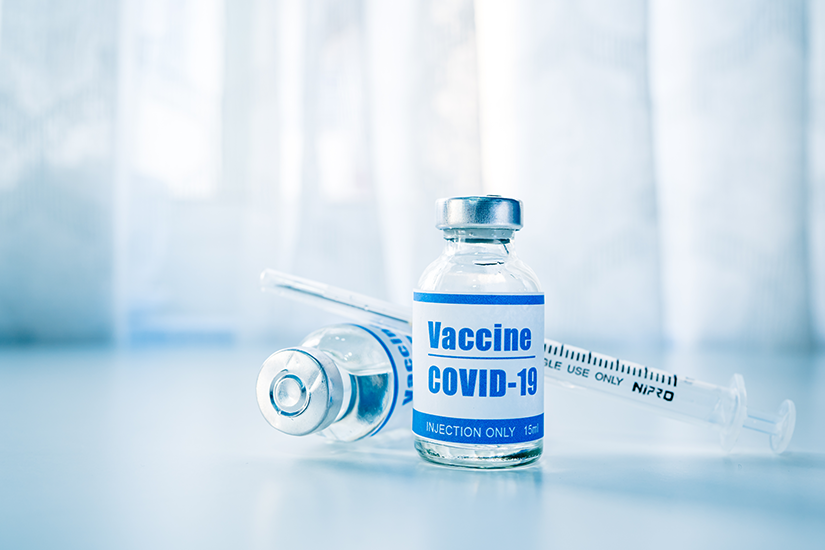- Emergency Ambulance Services
- 8606811111
- 0471-4077777, 0471-7177888
- gro@sutpattom.com
Complications and Challenges of Hypertension during Pregnancy
Dr. Lakshmi Ammal, Consultant Gynaecologist, SUT Hospital, Pattom
High blood pressure during pregnancy can lead to various complications and challenges that require careful management and monitoring. It can have significant implications for both the mother and the baby.
Understanding High Blood Pressure during Pregnancy
High blood pressure can occur before pregnancy (chronic hypertension) or develop during pregnancy (gestational hypertension). It can also be a combination of both.
Risks to the Mother
- Preeclampsia: Women with high blood pressure are at a higher risk of developing preeclampsia, which can lead to complications such as seizures(eclampsia), organ damage, and even death if left untreated.
- Increased Risk of Cardiovascular Issues: High blood pressure during pregnancy is associated with a higher risk of cardiovascular problems later in life.
- Complications during Delivery: Hypertension can lead to preterm birth, cesarean delivery, and other delivery complications.
Risks to the Baby
- Intrauterine Growth Restriction: Hypertension can affect the baby’s growth, leading to intrauterine growth restriction (IUGR).
- Preterm Birth: Women with high blood pressure are more likely to deliver prematurely, which can result in respiratory and developmental issues for the baby.
- Stillbirth: Severe hypertension or preeclampsia can increase the risk of stillbirth.
Managing Hypertension during Pregnancy
- Regular Monitoring: It is crucial for pregnant women with high blood pressure to have regular prenatal check-ups to monitor BP levels and assess any potential complications.
- Medication: In some cases, medication may be prescribed to manage hypertension during pregnancy. It’s essential to follow the doctor’s recommendations and take medication as directed.
- Healthy Lifestyle: Adopting a healthy lifestyle can help manage blood pressure. This includes maintaining a balanced diet, staying physically active (as advised by healthcare providers), managing stress, and avoiding tobacco and alcohol.
- Close Medical Supervision: Women with high blood pressure may require more frequent monitoring and specialized care during pregnancy. It is essential to have a healthcare team that specializes in managing high-risk pregnancies.
By understanding the complications and challenges associated with high blood pressure during pregnancy and implementing appropriate management and prevention strategies, healthcare providers can work together with pregnant women to navigate this condition safely and effectively.









